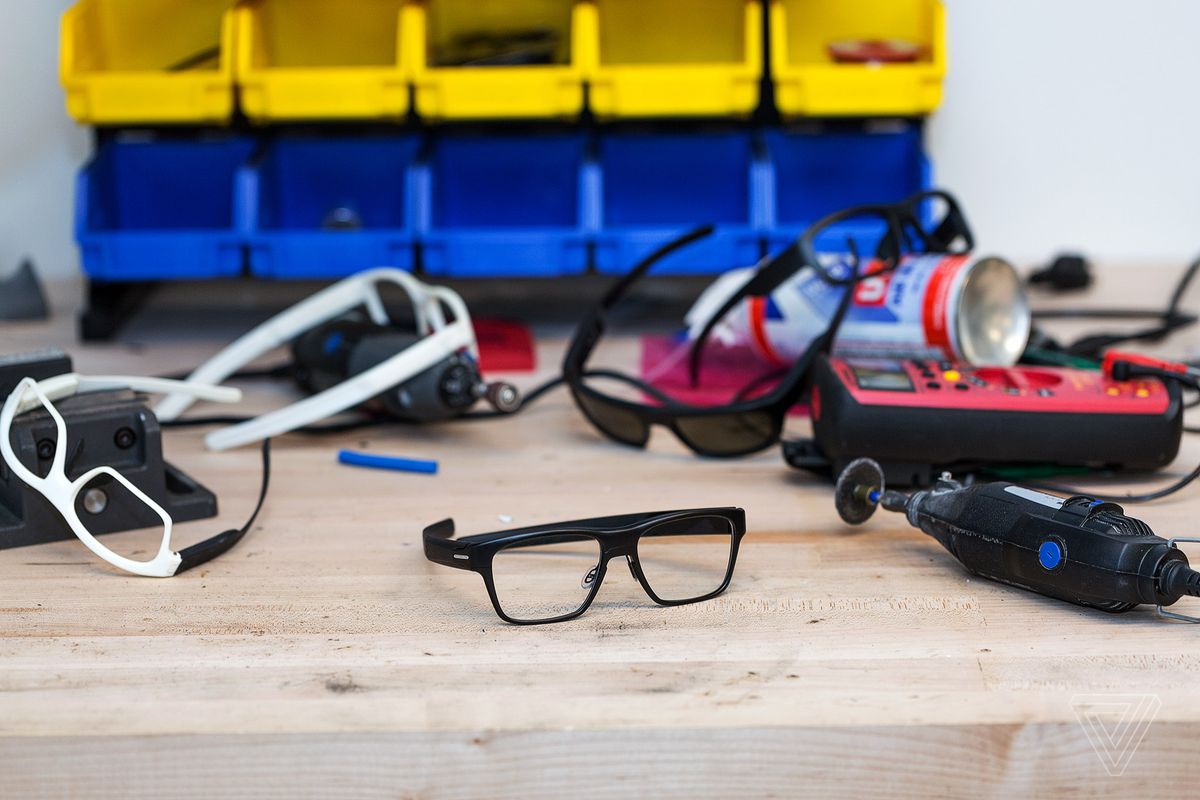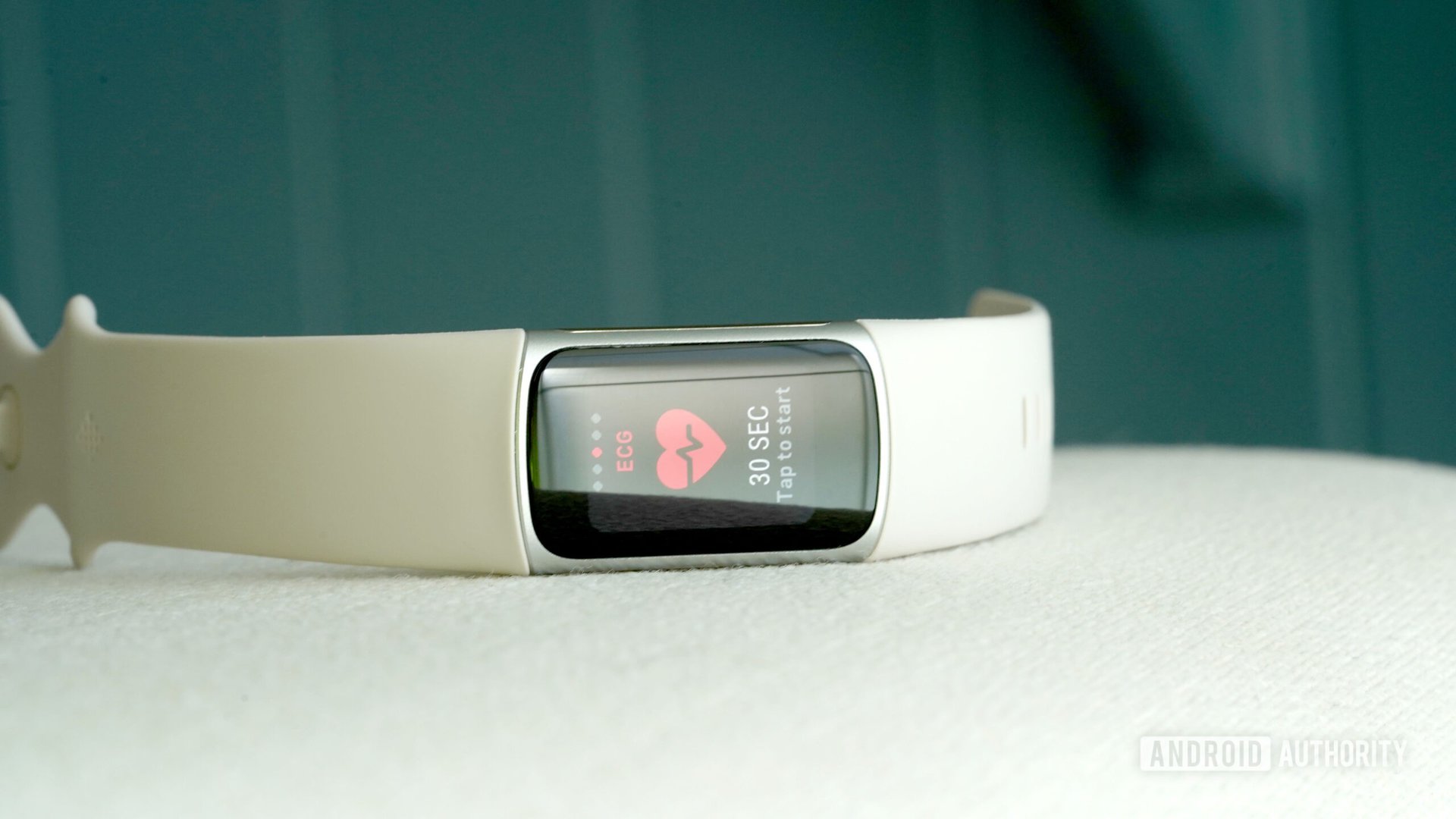Affiliate links on Android Authority may earn us a commission. Learn more.
Intel to shut down wearables team behind promising Vaunt smart glasses
Published onApril 19, 2018

- Intel’s wearable division, responsible for the company’s smart glasses, will be shut down.
- The smart glasses lacked a camera but could beam info directly into the user’s eyes.
- It’s believed that a lack of outside investment is to blame for the division’s closure.
Intel has confirmed that it’s closing the division responsible for its innovative Vaunt smart glasses. Sources “familiar with the situation” told The Information that employees unable to find positions in other Intel divisions will be laid off.
Back in February, Bloomberg reported that Intel was seeking outside investment for the business unit, valuing the division at $350 million. The Information suggests that a lack of outside investment is to blame for the closure.

Intel later confirmed the news, telling the publication that they are “continuously working on new technologies and experiences,” but that “not all of these develop into a product we choose to take to market.”
The chipmaker alluded to the reason for the shutdown, saying that its “disciplined approach” to exploring new technologies will sometimes require “tough choices when market dynamics don’t support further investment.”
Intel's Vaunt smart glasses differed from rivals by looking like any other old pair of spectacles.
The Vaunt smart glasses were rather unique, looking almost exactly like your everyday pair of spectacles rather than, you know… smart glasses. Google Glass and Snapchat’s shades, by comparison, were clearly unconventional spectacles would always be likely to draw attention to the wearer.
To achieve the sleeker, more natural look, Intel’s team opted to forego cameras on the device, emphasising the delivery of contextual information instead. Info was beamed to the user’s eye via a red monochrome projector near the lenses (sounds a bit like a high-tech Virtual Boy, doesn’t it?). The Vaunt smart glasses would also have allowed users to shake their head to dismiss notifications and other nuggets of information.

At the time of its reveal, the Vaunt team said you’d be able to receive information such as restaurant ratings, the location of your parked car, and cooking recipe steps while wearing its smart specs. One major challenge that may have put potential investors off is the fact that each pair would have had to have been specially fitted for each user. That would’ve meant no waltzing into a store to buy and use them right away.
Up next: Facebook set to form chip design team focused on AI – but why?